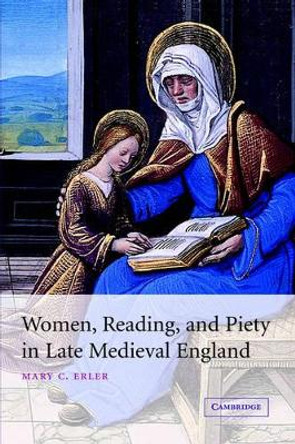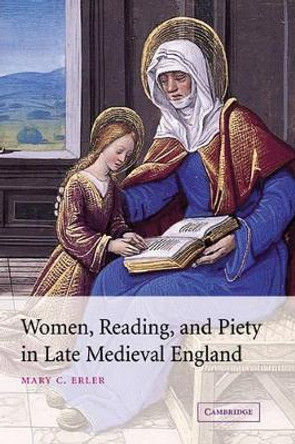Description
The humanist perception of fourteenth-century Rome as a slumbering ruin awaiting the Renaissance and the return of papal power has cast a long shadow on the historiography of the city. Challenging this view, James A. Palmer argues that Roman political culture underwent dramatic changes in the late Middle Ages, with profound and lasting implications for city's subsequent development. The Virtues of Economy examines the transformation of Rome's governing elites as a result of changes in the city's economic, political, and spiritual landscape.
Palmer explores this shift through the history of Roman political society, its identity as an urban commune, and its once-and-future role as the spiritual capital of Latin Christendom. Tracing the contours of everyday Roman politics, The Virtues of Economy reframes the reestablishment of papal sovereignty in Rome as the product of synergy between papal ambitions and local political culture. More broadly, Palmer emphasizes Rome's distinct role in evolution of medieval Italy's city-communes.
About the Author
James A. Palmer is Assistant Professor of History at Florida State University. Follow him on X @Jamespqr77.
Reviews
Palmer tells the political story of how the papacy eventually asserted its mastery of Rome, and he understands governance and power.
* SPECULUM *This book is a welcome addition to the history of late medieval Rome, which plunged us into the world of the nascent elite surrounding what will become "the papal prince."
* H-Italy *Book Information
ISBN 9781501742378
Author James A. Palmer
Format Hardback
Page Count 258
Imprint Cornell University Press
Publisher Cornell University Press
Weight(grams) 907g
Dimensions(mm) 229mm * 152mm * 25mm








